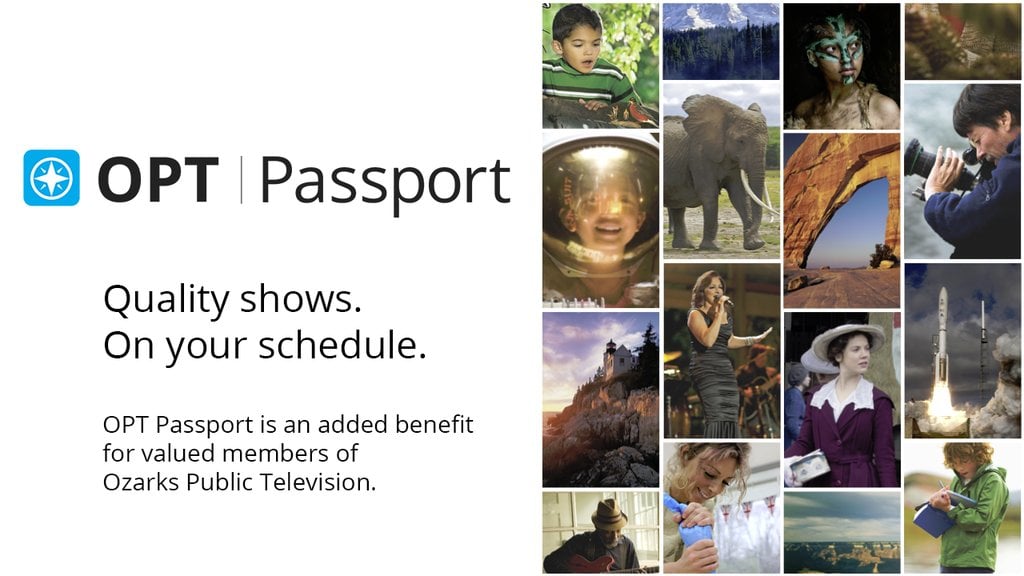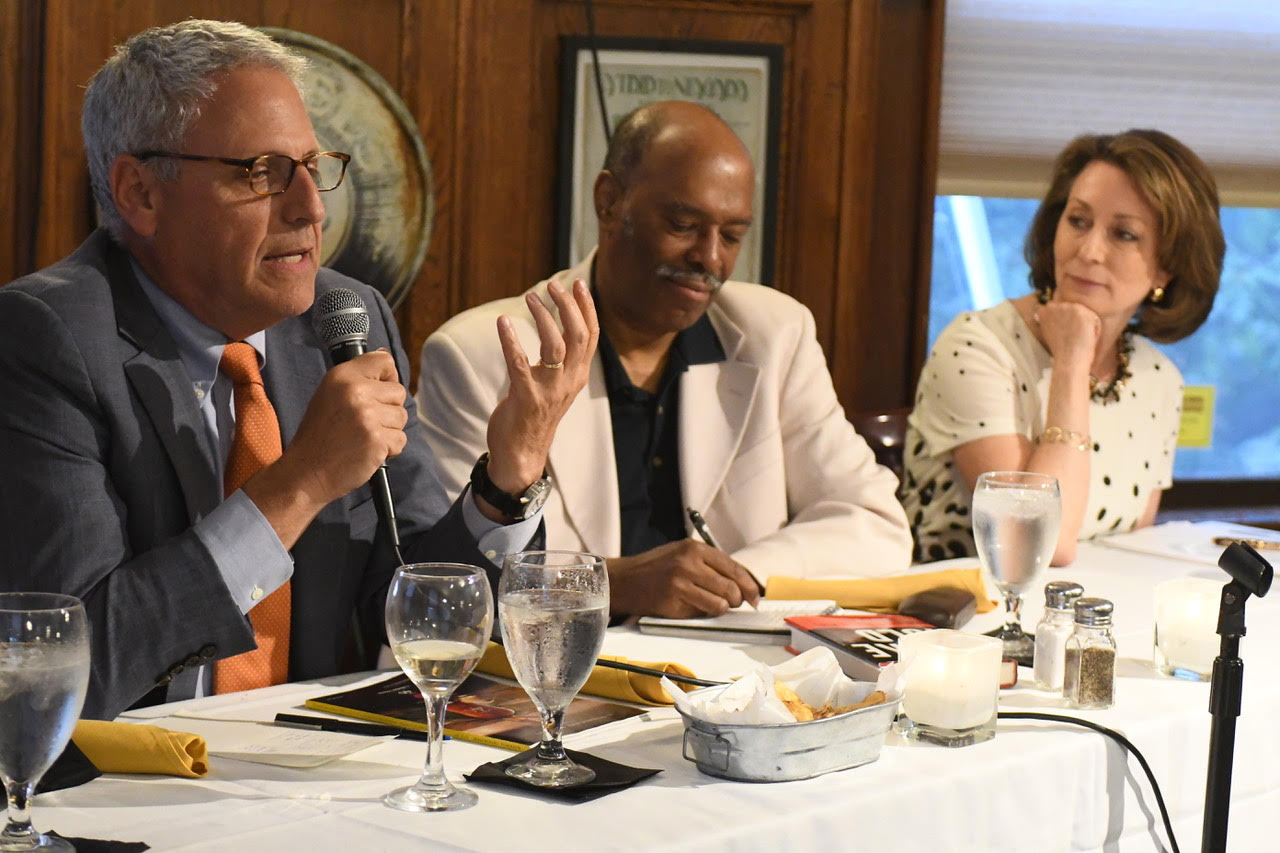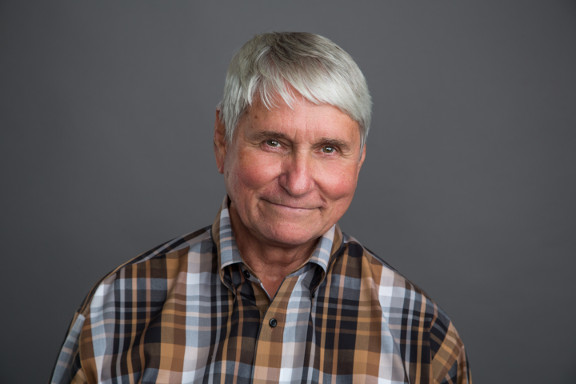Development
Merger unites three companies with pubmedia clients
Allegiance Software, DMW Fundraising and Member Benefits are joining under the banner of the Allegiance Fundraising Group.Sesame Workshop and International Rescue Committee win $100M MacArthur grant
The nonprofits partnered to win a five-year grant to educate children displaced by conflict in the Middle East.Key decision ahead: How to improve Passport experience for viewers, stations
Passport supporters argue that its performance to date has demonstrated its impact, while critics caution that it’s too early to know how ...News Match kicks off with $3 million for nonprofit newsrooms
The Democracy Fund, the Knight Foundation and the MacArthur Foundation are collaborating to match contributions to nonprofit news organizations through the end ...NPR wine club includes broadcaster-inspired offerings
NPR boasts that its wines are “selected by a team of globetrotting experts, who taste over 40,000 wines a year and choose ...With new app, a startup wants to make donating to public radio easy
iWinQ's developers hope to make inroads among listeners who don't donate — a large share of public radio's audience.WNET finds benefits in curtailing campaign-style pledge drives
The New York public TV station charted growth in viewership and membership revenues after confining on-air fundraising to dedicated time slots.CARS acquires rival vehicle-donation service
San Diego–based Charitable Adult Rides and Services acquired the Center for Car Donations in July.National Geographic to expand grantmaking to reach more minorities
National Geographic President Gary Knell noted a lack of diversity in race and experience among grantees and said the organization is addressing ...Development leaders say capital campaigns require commitment from executives, community
“You immediately become hyper-aware of how good, or not good, your relationships with people are."PMDMC features honors for departing CEO, awards for stations and leaders
Conference attendees bid farewell to outgoing Greater Public CEO Doug Eichten.Stations improve digital fundraising but still face challenges
Public broadcasters must adopt a "culture of testing" and tackle mobile.NPR takes another stab at fundraising with stations
After years of attempts that fizzled, NPR is reviving efforts to collaborate with member stations on major-gift fundraising.Greater Public relaunches tool to help stations with online fundraising
Greater Public is updating its Online Revenue Detector with questions about mobile fundraising.North Country Public Radio launches fundraiser for investigative reporting
The station hopes to raise $50,000 in listener support for its "Daylight Reporting Fund."














